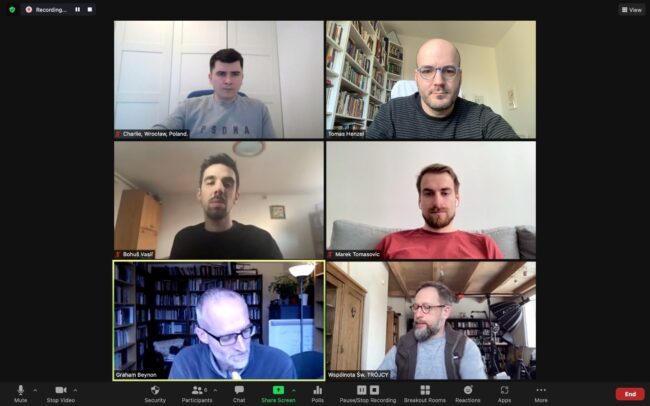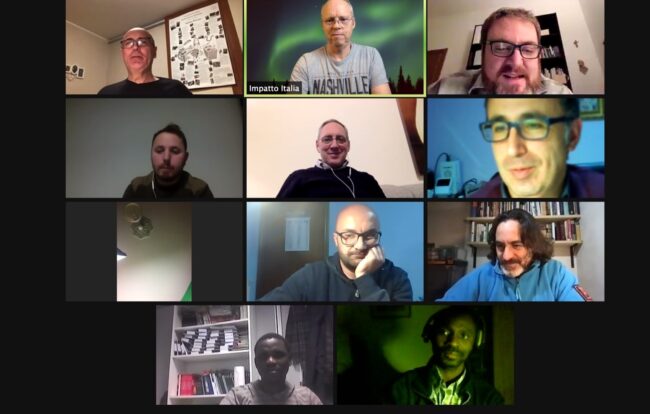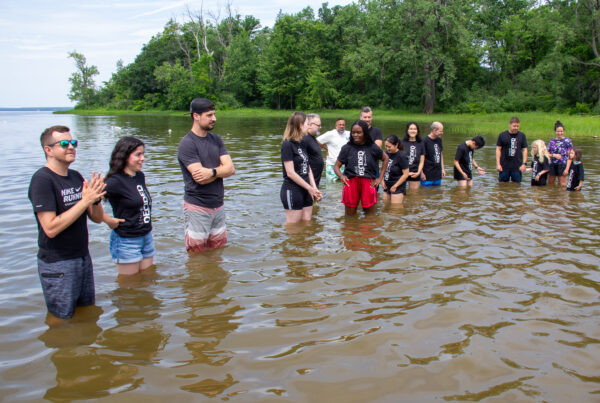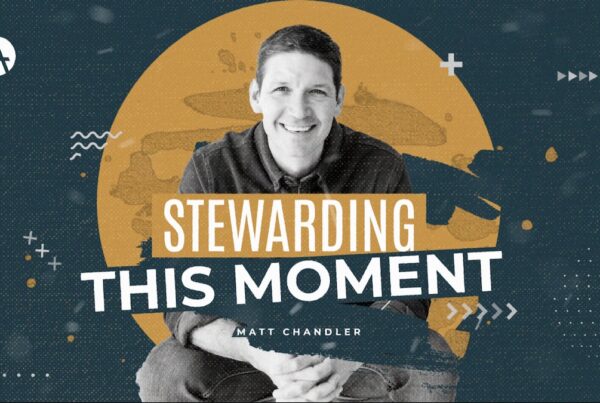From the color and noise of Rome or Paris to rugged and wind-battered Scottish islands, Europe includes the world’s busiest cities and most remote villages. We may think of Italy, France, Spain, and Switzerland as well-known destinations with stunning geography, art, history, and food. But Europe also includes countries like Albania, Andorra, Slovakia, Belarus, Ukraine, and Liechtenstein—maybe not typical tourist hot-spots, but every bit as interesting and beautiful.
Home to 750 million people in 51 countries, Europe is nothing if not diverse. And all of these people need the gospel of Jesus.
How Do You Eat an Elephant?
Europe was once the cradle of the Reformation. Today, it’s an incredibly diverse mix of Catholic and post-Catholic, Protestant and post-Protestant, Orthodox and post-Orthodox, radical and secular Islam, atheism, and strident secularism. Less than two percent of the population are evangelicals in many countries. This equates to one church for every 33,000 people in France—compared to one for every 1,000 people in the US.
Philip Moore, Acts 29 Europe director and vice president for global networks, compares church planting in this vast, complicated place to the daunting old dilemma, “How do you eat an elephant?” Of course, the answer is one bite at a time.
Acts 29 is making a tangible difference in Europe, one church at a time. Philip Moore is particularly excited about the power of cohorts—groups of church planters gathered for fellowship, prayer, and resourcing in gospel labor. Cohorts can encompass large geographic regions or focus on particular areas and aspects of ministry. Acts 29 is making a tangible difference in Europe, one church at a time. Click To Tweet
The Spreading Impact of Cohorts
 Church-planting cohorts allow church planters the opportunity to fellowship and learn with other gospel ministers. This is a gift, particularly in contexts where planting a church can be especially lonely.
Church-planting cohorts allow church planters the opportunity to fellowship and learn with other gospel ministers. This is a gift, particularly in contexts where planting a church can be especially lonely.
These cohorts of gospel ministers encourage one another to press on in the faith and gospel ministry. They encourage one another through obstacles. They support one another in persecution. They love one another in suffering. And they can spring up in every demographic to benefit any aspect of church planting and ministry. Cohorts can be flexible and adaptable to the needs of gospel-centered church planters, making them a robust tool for church planting all across Europe.
Here are just a few examples of cohorts in Europe:
- The Network Leadership Team cohort provides friendship, coaching, and support for the leaders of Acts 29 Europe who oversee eight geographic regions: Great Britain and Ireland, the Iberian Peninsula, Italy and Southern Europe, Francophone Europe, Northwest Europe, Central and Eastern Europe, Russian-speaking Europe, and Turkic countries.
- An Italian cohort is focused on preaching. They know the gospel of Jesus spreads through the proclamation of his Word, and their desire to faithfully shepherd God’s people and extend the gospel in their cities led them to create this cohort where they can grow as preachers. Members gather to practice and spur one another on in clear, biblical exposition. This cohort is now in its second year.

- The European assessment cohort consists of four European, four Irish, and four British church planters. This cohort emphasizes wives’ support starting pre-assessment, leading the way for Acts 29 Europe to build out a robust plan for network-wide wives’ support.
- Five church planters in France are gathering to walk through the Acts 29 competencies as preparation for assessment. A focused weekend in February will allow them to gather in the Paris region for intensive training and time together.
- A rural cohort in the rugged Scottish Highlands is a “deep joy to behold,” says Moore, “not just for the scenery but for the deep brotherhood those guys have together.”
- A Church in Hard Places cohort, led by Ian Williamson in Great Britain and Ireland, includes more than 16 men planting in the most deprived areas of this region. This cohort is now being mirrored in a similar context in the Iberian peninsula.
- Please pray for the network in Turkey. Sometimes all the churches in a region function as a cohort. In Turkey, a new law allows the authorities to expel all non-Turks, impacting the non-Turkish wives and children of two Acts 29 pastors. Of course, the husbands have had to follow their families out of the country. How does Acts 29 look after these scattered church-planting families, now sheltering in Moldova? Their cohort of brothers in ministry leads the way. May the gospel continue to advance throughout Europe, church by church, as cohorts of gospel-centered church planters build one another up for faithful, long-term ministry. Click To Tweet
These are just some of the many cohorts strengthening European church planting. Philip Moore sees cohorts as the small steps of gospel advance: “How do you win Europe for Christ? Person by person. How do you organize a church-planting movement in Europe? Cohort by cohort.”
May the gospel continue to advance throughout Europe, church by church, as cohorts of gospel-centered church planters build one another up for faithful, long-term ministry.










